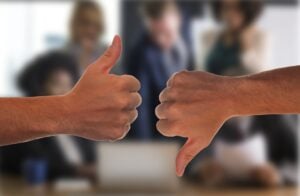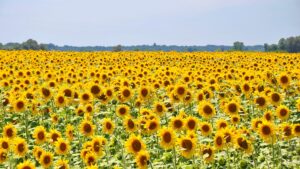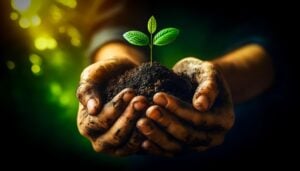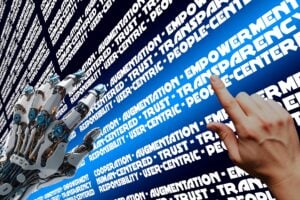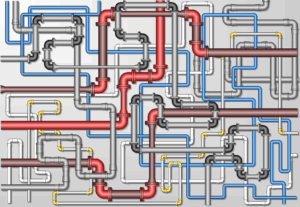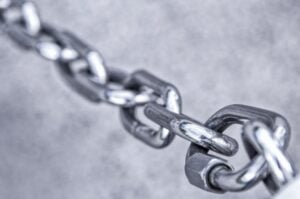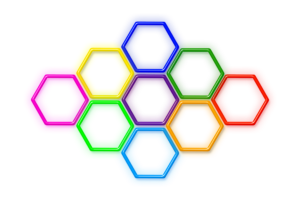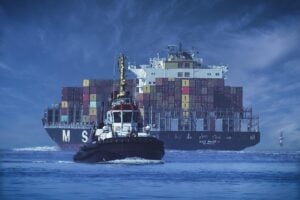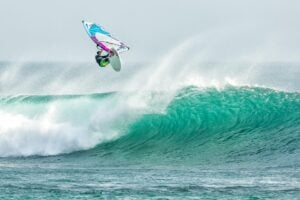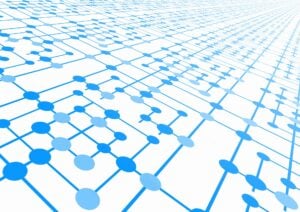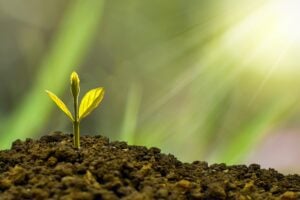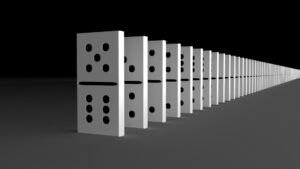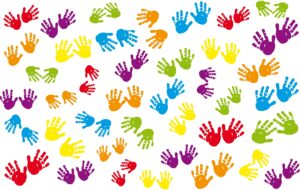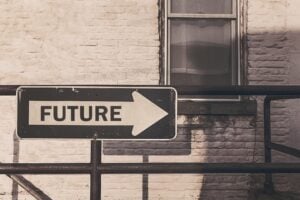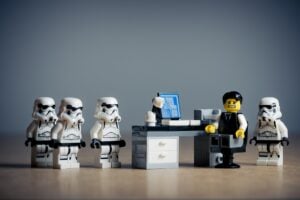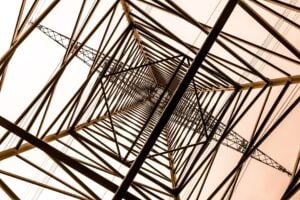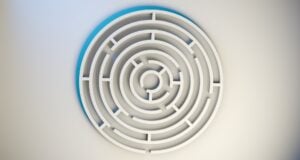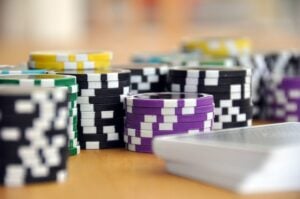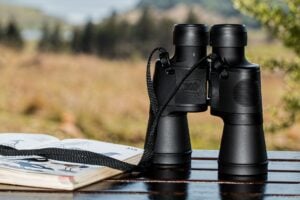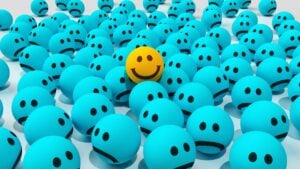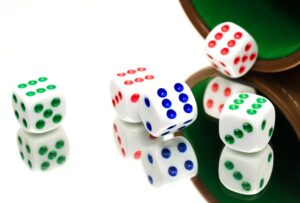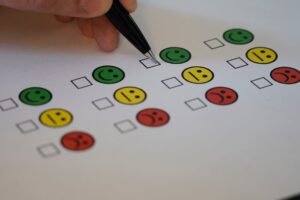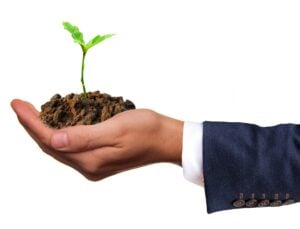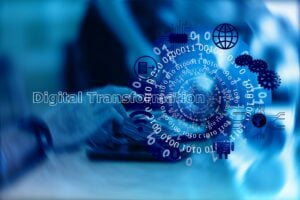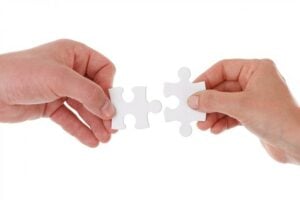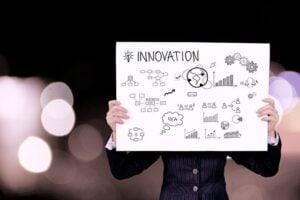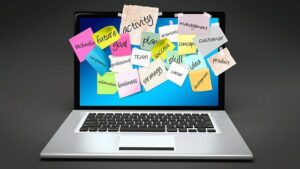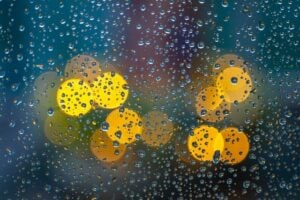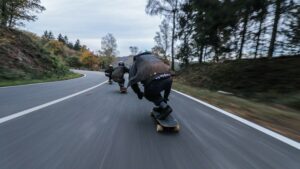We are looking forward to FEI 2024. You’ve been kind enough to participate as a speaker. It’s a pretty great session, which has to do with your own actual personal experience in your industry.
“I came into this with a diverse background and experience. I worked for the incumbent, the biggest company in my industry that was established and really good and efficient at what they did,” says Slavens. “It was amazing to see how we ran our operations and how we worked with customers and how we developed really good products for the end consumer.”
He continues, “We would try to innovate but we were always constrained and how we innovated around what our current capabilities were, who our retail partners were, and what we believed our customers wanted—and found ourselves unable to actually do things that could be disruptive to ourselves. We knew that there were competitors all around us that were coming up with new opportunities and new ways of doing things that were slowly taking share. We would talk about innovation and disruption, but we were incapable to basically take away resources from the things that had worked historically and feed them towards those new innovative opportunities that could truly disrupt our business model, our product offerings, and things that would make us relevant going into the future. Eventually, I got to the point where I said, I’m becoming complacent, working in this highly efficient model. I need to actually disrupt myself.”
That’s the classic innovator’s dilemma right there. We’ve got a new product or service. We know that it’s amazing. We’re so efficient. But that leads to the fact that we’re not innovative.
He says, “Yes, I was starting to become so used to working with all these resources and people that could get things done in a timely manner that I was forgetting how to actually think and be creative and do things for myself. I essentially said, I’m going to start over again and go work as an innovator in a new innovative company that was being disruptive and trying to do something totally novel for a very historically established industry: agriculture. It’s been amazingly different, and challenging, but so self-gratifying.”
Your FEI presentation is on self-disruption. What we’re really talking about is the organization itself.
“We should always be focused on constant growth and continual improvement,” says Slavens. “But from an organizational standpoint, that’s the thing that eventually continues to pay the bills, continues to pay for our salaries and help us be successful. Every organization is slowly on the path to dying. And so how long do we want that path to be? Do we want it to be rapid or do we want to continue to live a good, healthy life as long as possible, and continue to be relevant?”
Your session also has a little bit of focus on sustainability—that opening thought that to not be sustainable, just isn’t sustainable.
Slavens adds, “There’s obviously been a lot of momentum towards sustainability and ESG and all sorts of things, which are all very good and important when guided correctly. But an important principle that I think we often take for granted is a company cannot be sustainable, if it actually doesn’t have a business model that’s sustainable in that it can generate revenue, generate profits, and actually do things that a customer wants them to do. To be sustainable, you must be sustainable. It’s a very simple concept, but sometimes we get so focused on being environmentally sustainable, we make compromises and do things that actually hurt us in how we operate, and we can no longer pay the bills. What good are we then if we’re out of business?”
Attend FEI 2024
Looking forward to FEI 2024? The conference, which will be held June 10 to 12, will feature a panel session called “Self-Disruption: Balancing Short Term Gain With Long Term Meaningful Value,” presented by Mark Slavens, President and Chief Operating Officer, Nano-Yield. Regenerative agriculture. Stewarding the land. These have always been the central tenets of the farming community. Nano-Yield is developing nano particle technology to increase quality and yield, leading to solid ROI for those farmers. This session explores the application of next generation technology in a traditional industry like farming and provides a blueprint for utilizing those same principles in any industry, such as sustainability, optimization, self-disruption, and resilience. Register for FEI 2024 here.
More Innovation Resources
Exploring the Growth Dynamics of Self-Disruption
Within innovation, there is often a balancing act between short-term goals and long-term planning. This is faced by innovators as they work through enterprise strategies that aim to disrupt the status quo. Should one focus on a short-term goal or is long-term commitment the key to fueling sustainable growth, development, and innovation? These questions are often tied to the debate about disruptive innovation, and more specifically, self-disruption. The self-disruptive journey is a means to anticipate the change and disruption, at scale, scope, and speed—to get ahead of the curve and the competition.
Contributors
-
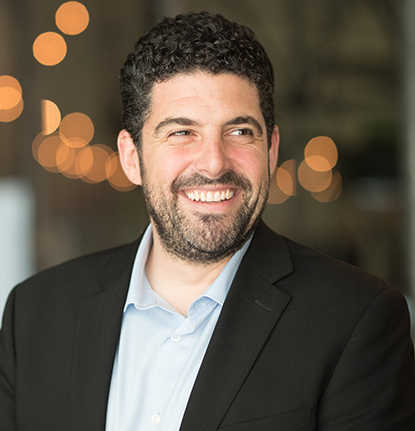
Seth Adler heads up All Things Insights & All Things Innovation. He has spent his career bringing people together around content. He has a dynamic background producing events, podcasts, video, and the written word.
View all posts -

Matthew Kramer is the Digital Editor for All Things Insights & All Things Innovation. He has over 20 years of experience working in publishing and media companies, on a variety of business-to-business publications, websites and trade shows.
View all posts

